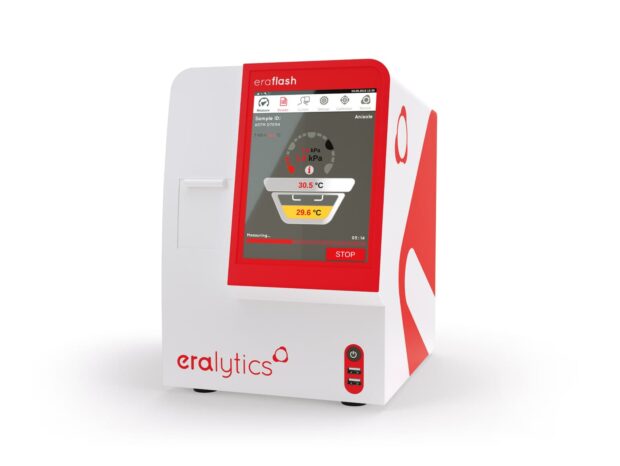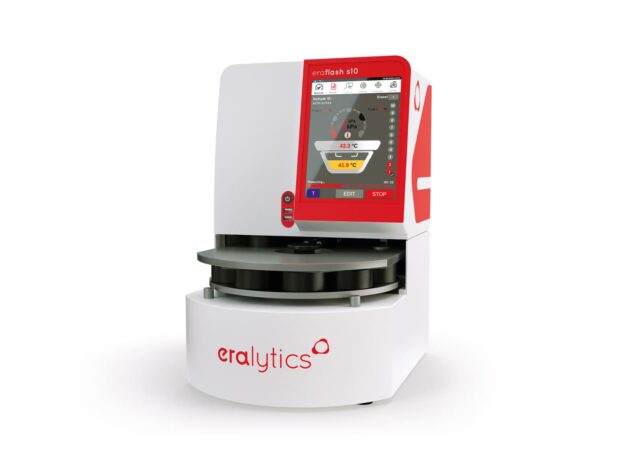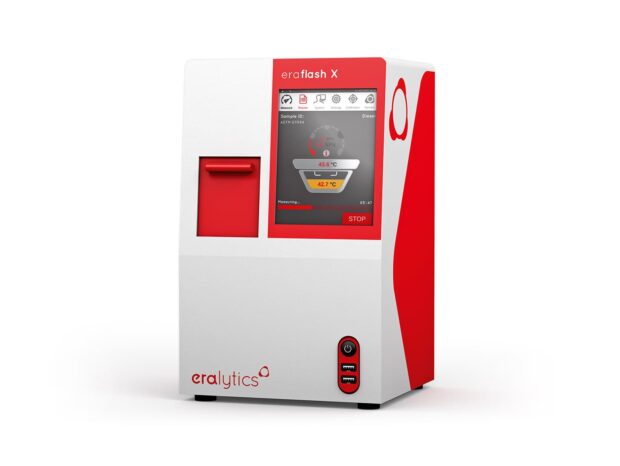Standard Specification for Diesel Fuel.
Get more information about the standard at ASTM D975-24a.
ASTM D975 is the standard specification for diesel fuel oils. It defines requirements for diesel fuel quality to ensure performance, safety, and compatibility in various applications. The specification is widely applied in automotive, industrial, and power generation sectors, serving as a benchmark for blending, production, and quality assurance of diesel fuels. By adhering to ASTM D975, industries can ensure efficient engine performance, regulatory compliance, and reduced environmental impact, making it a cornerstone of diesel fuel production and usage worldwide.
Details
ASTM D975 outlines six grades of diesel fuel, classified based on their properties and applications:
- Grades No. 1-D S15 and 1-D S500: Low-viscosity diesel used in cold weather or for applications requiring rapid ignition.
- Grades No. 2-D S15 and 2-D S500: Standard diesel fuel for general-purpose use, including automotive and industrial engines.
- Grades No. 4-D: Used for stationary power generation or in low-speed diesel engines where higher viscosity is permissible.
The “S15” and “S500” notations refer to sulfur content limits of 15 ppm (ultra-low sulfur diesel) and 500 ppm (low sulfur diesel), respectively. Ultra-low sulfur diesel (ULSD) is particularly crucial for compliance with environmental regulations and compatibility with modern emissions control systems like diesel particulate filters (DPFs).
Key parameters covered by ASTM D975 include cetane number, viscosities, sulfur content, flash point, biodiesel content and cold flow properties. The standard also specifies acceptable testing methods to verify compliance, such as ASTM D2500 for cloud point and ASTM D5453 for sulfur content.
Industries & Applications
ASTM D975 is widely applied in multiple industries:
- Automotive: It ensures diesel fuels meet the stringent quality and emission requirements for light-duty and heavy-duty vehicles
- Power generation: Used for operating diesel generators that require reliable, consistent fuel to provide backup or primary power
- Agriculture and construction: Supports diesel-powered machinery like tractors, excavators, and bulldozers, which demand robust and high-quality fuels
- Marine: Applied in small marine engines to maintain efficiency and minimize environmental impact
- Aviation ground support: Powers ground support vehicles and equipment at airports


